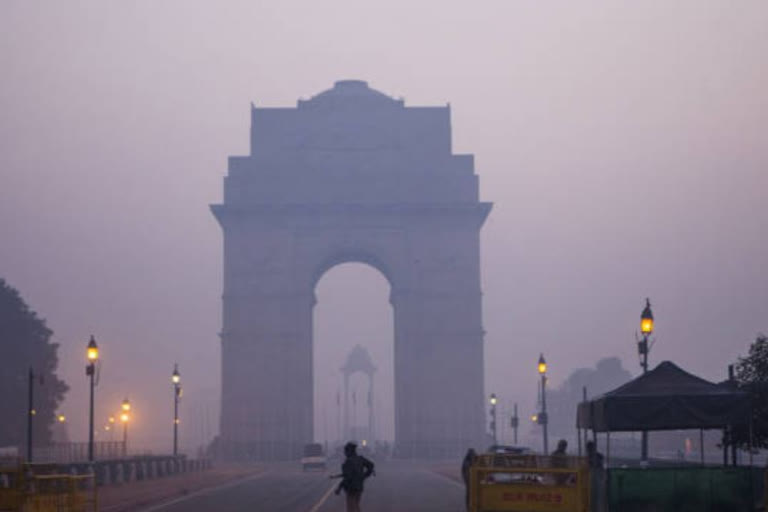New Delhi: Air pollution in India has shortened the average life expectancy of people by 5.2 years to what it would be if the World Health Organization (WHO) guideline was met, informed a study of Air Quality Life Index (AQLI) by Energy Policy Institute of the University of Chicago.
As per the report, India is today the world's second most polluted country, and some parts of it fare much worse than average, with air pollution shortening lives by 9.4 years in the capital of Delhi and 8.6 years in Uttar Pradesh, which is the most polluted state.
"A quarter of India's population is exposed to pollution levels not seen in any other country, with 248 million residents of northern India on track to lose more than 8 years of life expectancy if pollution levels persist," stated the report.
WHO guidelines stipulate that PM 2.5 should not exceed 10 microns per cubic meter and that PM 10 should not exceed 20 microns per cubic meter. In 2018, India's average PM 2.5 concentration was 63 micron per cubic meter.
ALSO READ |Unlock 1.0: Delhi's air quality level gets 'severe'
India's 1.4 billion people live in areas where the annual average particulate pollution level exceeds the WHO guideline. 84% live in areas where it exceeds India's own air quality standard, suggests the report.
